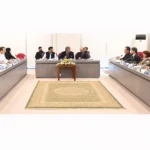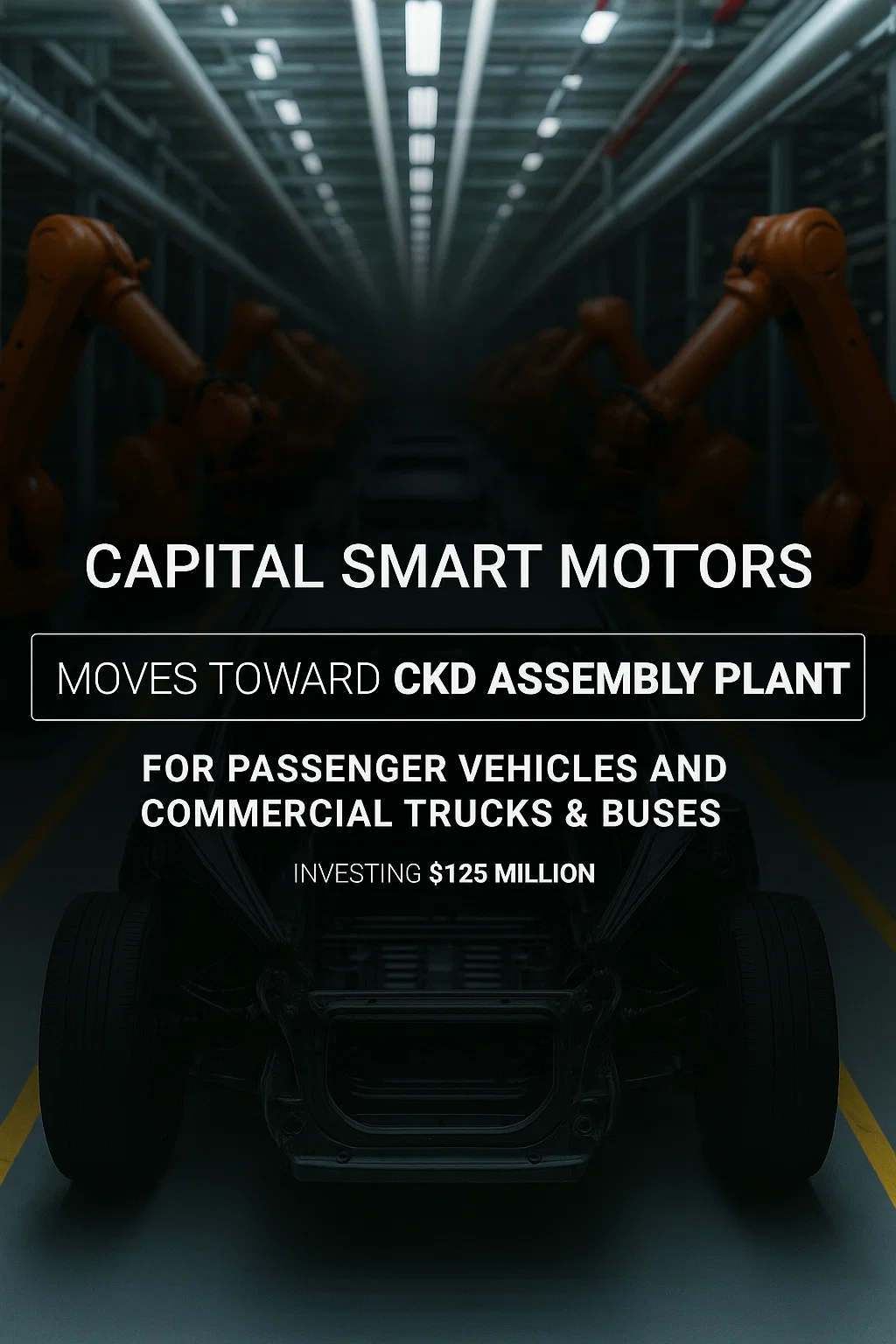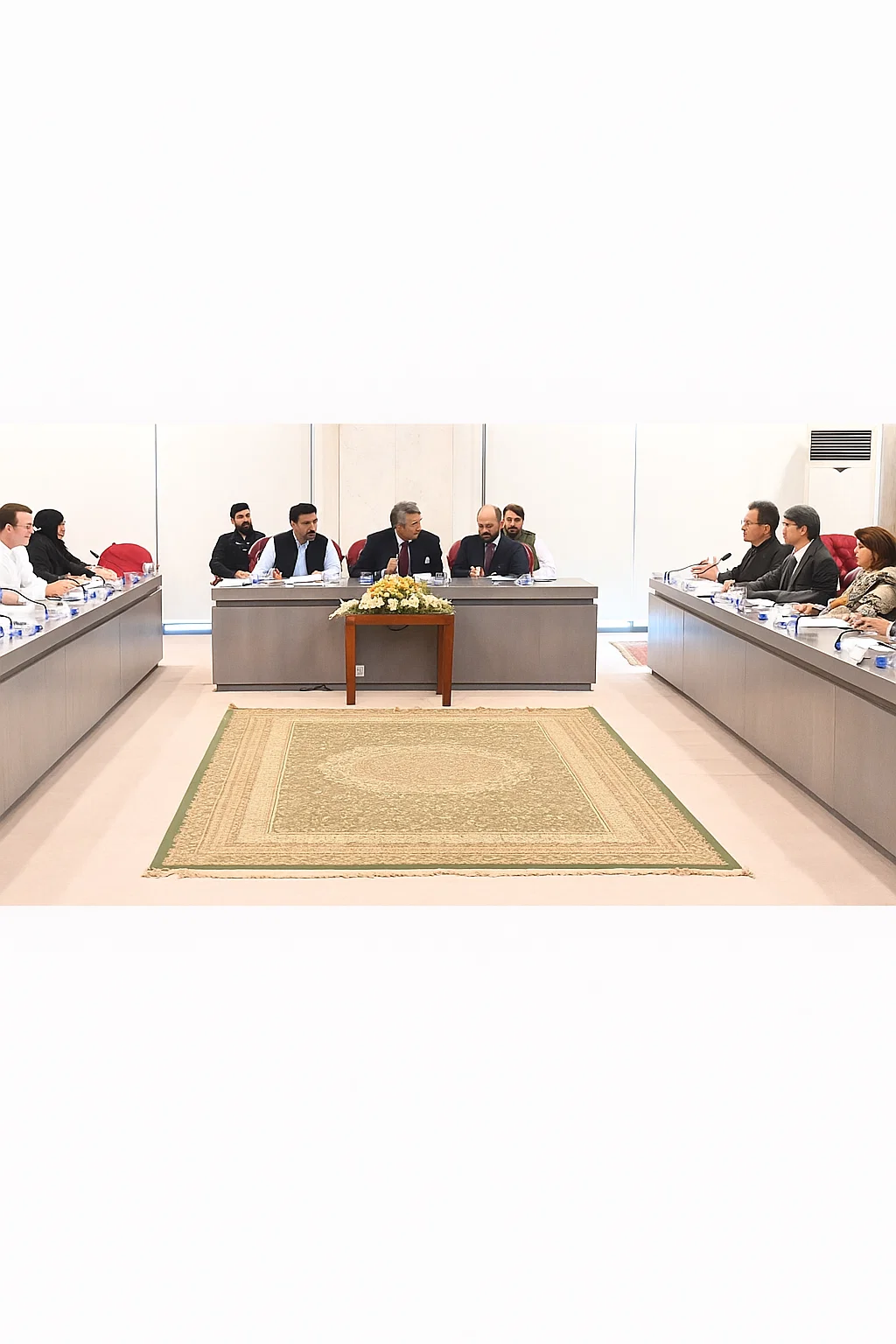The global automotive industry is undergoing its most dramatic transformation in a century, shifting away from fossil fuels toward electric mobility. Pakistan, too, is stepping onto the EV stage—and one of the key players at the forefront of this transition is Capital Motors.
With its announcement of a $125 million investment in a Completely Knocked Down (CKD) plant, Capital Motors has become a catalyst in reshaping the country’s auto landscape. The move is not only significant for the domestic industry but also positions Pakistan as a future hub for electric vehicle (EV) production in South Asia.
The CKD plant will focus on assembling EVs locally, reducing import dependency, creating thousands of jobs, and supporting Pakistan’s efforts to transition toward cleaner energy. More importantly, the initiative highlights how the private sector is stepping up to align with the government’s EV policy, which targets 30% of new vehicle sales to be electric by 2030.
1. Capital Motors and the $125M CKD Plant
The centerpiece of Capital Motors’ bold strategy is the $125 million CKD plant. In simple terms, a CKD facility imports vehicle components in “knocked down” form and assembles them locally. This model not only reduces costs but also creates opportunities for local sourcing, technology transfer, and employment generation.
Key Features of the Plant
-
Investment Size: $125 million (one of the largest in Pakistan’s EV sector).
-
Location: Planned within a strategic industrial hub for easy logistics.
-
Capacity: Capable of assembling thousands of EV units annually.
-
Technology: Equipped with modern assembly lines compatible with both passenger EVs and light commercial EVs.
-
Jobs: Expected to generate over 5,000 direct and indirect jobs.
By localizing assembly, Capital Motors is cutting costs for consumers while enabling Pakistan to gradually develop its own EV supply chain.
2. Pakistan’s EV Landscape: Challenges and Opportunities
Before diving deeper into Capital Motors’ investments, it’s crucial to understand where Pakistan stands in the EV transition.
Opportunities:
-
Government EV Policy 2030: Offers tax incentives, reduced customs duties, and cheaper electricity tariffs for EV charging stations.
-
Large Market Potential: With over 250,000 cars sold annually in Pakistan, even a 10% EV penetration would create a massive industry.
-
Energy Savings: EV adoption can reduce dependence on imported oil, saving billions in foreign exchange.
Challenges:
-
Lack of Charging Infrastructure: Only a handful of public charging stations currently exist.
-
High Battery Costs: Batteries make up 40–50% of EV costs.
-
Consumer Awareness: Many buyers are still skeptical about EV reliability.
This is where Capital Motors steps in—by not only building cars but also creating the ecosystem to support them.
3. Capital Motors’ Vision: Shaping Pakistan’s EV Future
Capital Motors has made it clear that its ambition is not just about selling cars. It envisions a complete ecosystem, from manufacturing to charging, from consumer education to after-sales service.
The CKD plant is only the beginning. Through strategic partnerships with international EV companies, Capital Motors is bringing the latest technologies to Pakistan, ensuring that the local industry keeps pace with global trends.
Company executives have stated that the ultimate goal is to make EVs affordable for the middle class, rather than keeping them as luxury vehicles for the elite.
4. The 5 Bold Investments by Capital Motors
Here are the five bold moves Capital Motors is making to cement its role as Pakistan’s EV pioneer:
1. $125M CKD Plant Establishment
The foundation of the strategy. By assembling EVs locally, Capital Motors reduces costs and enables scalability.
2. Building Charging Infrastructure
Capital Motors is collaborating with private energy companies to install fast-charging stations across major cities. The goal is to cover highways between Karachi, Lahore, and Islamabad, reducing “range anxiety.”
3. Launch of Affordable EV Models
Unlike competitors focusing on premium EVs, Capital Motors is introducing budget-friendly models in the sedan and SUV categories, designed specifically for Pakistan’s roads and consumers.
4. Investment in Local Supply Chain
The company is working with Pakistani suppliers to produce batteries, wiring systems, and smaller components domestically. This will reduce import costs and build local expertise.
5. Training and Skill Development
Capital Motors is partnering with universities and vocational institutes to train engineers, mechanics, and technicians for EV assembly and maintenance, ensuring Pakistan has the talent needed for the EV future.
READ MORE:
https://freedompakistan.com.pk/
5. Economic Impact: Jobs, Growth, and Technology Transfer
The ripple effects of Capital Motors’ $125M investment go far beyond the plant itself.
-
Employment: The plant and its supply chain are expected to generate thousands of direct and indirect jobs.
-
Technology Transfer: Partnerships with global EV manufacturers will help bring cutting-edge technology to Pakistan.
-
Boost to GDP: The automotive industry already contributes over 2.8% to GDP; EV manufacturing could increase this share.
-
Exports: Once production stabilizes, Pakistan could even export EVs to nearby markets such as Afghanistan, Sri Lanka, and Central Asia.
6. Environmental Benefits: A Greener Pakistan
One of the most compelling reasons behind Capital Motors’ push into EVs is environmental sustainability.
Pakistan is among the top 10 countries most affected by climate change, facing rising pollution levels in major cities. Transitioning from fossil-fuel vehicles to EVs will:
-
Reduce carbon emissions by millions of tons annually.
-
Improve air quality in cities like Lahore and Karachi.
-
Decrease dependence on imported oil, lowering the national carbon footprint.
Capital Motors’ initiative is in line with Pakistan’s commitment under the Paris Climate Agreement to cut greenhouse gas emissions.
7. Global Partnerships and Local Benefits
To ensure success, Capital Motors has already entered into joint ventures with international EV brands for technology sharing. This collaboration is crucial for:
-
Bringing advanced battery technology.
-
Developing localized EV models suitable for Pakistan.
-
Accelerating the rollout of charging stations.
For Pakistan, this means access to global expertise while nurturing local talent and industry.
8. Challenges Ahead for Capital Motors
While the initiative is groundbreaking, hurdles remain:
-
Policy Consistency: Political instability could affect long-term EV policies.
-
Consumer Behavior: Pakistanis remain price-sensitive; affordability is key.
-
Power Supply Issues: Electricity shortages could slow EV charging adoption.
-
Competition: Global giants like BYD and Tesla may eventually enter Pakistan.
Capital Motors will need to stay agile, innovative, and consumer-focused to overcome these challenges.
9. Reactions from Experts and Government
Industry analysts have welcomed the investment, calling it a game-changer. The government has pledged full support, offering tax incentives and land for the plant.
A leading auto analyst commented:
“Capital Motors’ $125M CKD plant is the strongest signal yet that Pakistan is serious about EVs. If executed well, it could spark a complete transformation of the auto industry.”
10. FAQs About Capital Motors and EVs in Pakistan
Q1: What is Capital Motors investing in?
A $125 million CKD plant to assemble electric vehicles in Pakistan.
Q2: How many jobs will this create?
Over 5,000 direct and indirect jobs.
Q3: Will Capital Motors launch affordable EVs?
Yes, the focus is on affordable models tailored for Pakistani consumers.
Q4: How will this impact Pakistan’s economy?
It will boost local manufacturing, reduce imports, and support GDP growth.
Q5: Does Pakistan have EV charging infrastructure?
It’s limited now, but Capital Motors plans to expand fast-charging networks.
Conclusion: A Defining Moment for Pakistan’s EV Future
The launch of Capital Motors’ $125M CKD plant is a defining moment for Pakistan’s automotive industry. It symbolizes not just a business investment but a national step toward sustainability, self-reliance, and technological progress.
By focusing on five bold investments—plant development, charging infrastructure, affordable EVs, local supply chains, and training—Capital Motors is paving the way for Pakistan’s green revolution.
The road ahead may be filled with challenges, but the direction is clear: Pakistan’s automotive future is electric, and Capital Motors is steering the wheel.












